Supporting Department Chairs
2025 Department Chairs’ Workshop
The 2025 Department Chairs’ Workshop will be held online from June 23–24. Registration helps to support honoraria for facilitators and…
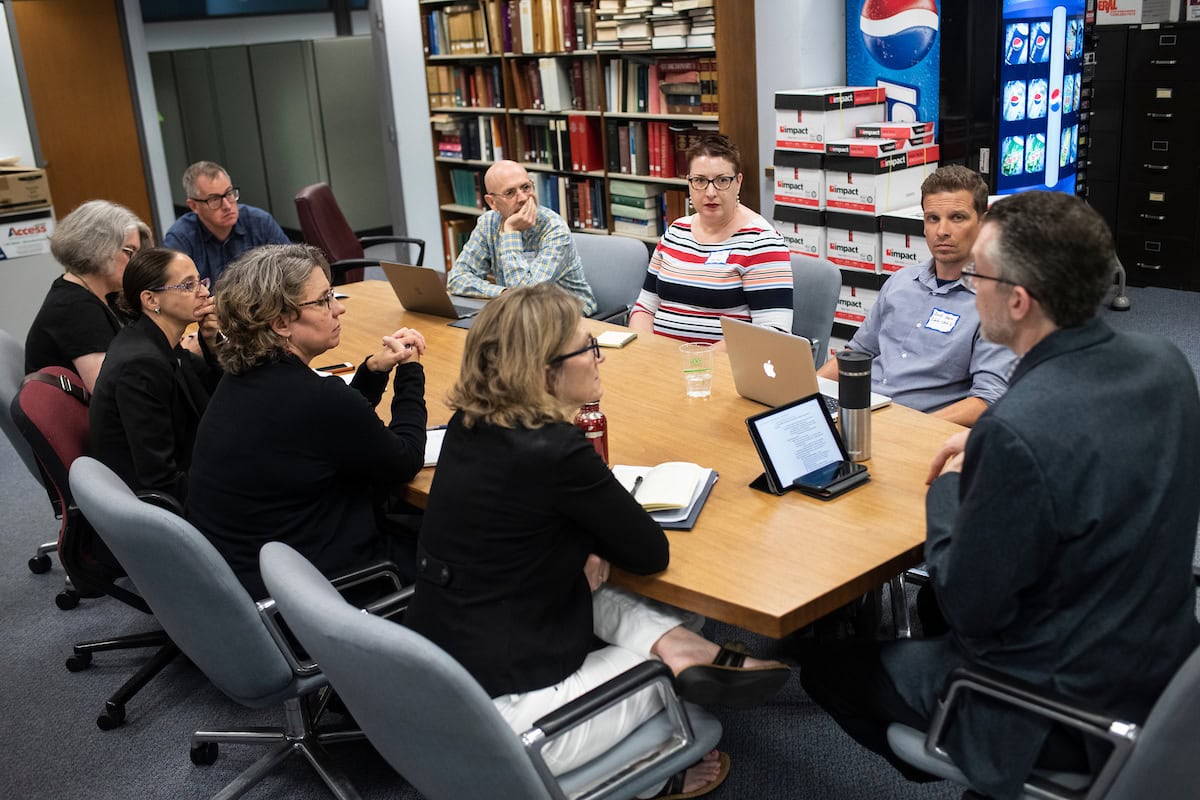
Annual Department Chairs' Workshop
Since 2018, the AHA has offered an in-person workshop for history department chairs each summer. This interactive two-day workshop provides a productive space for new and experienced chairs to hold thoughtful discussions and share insights about the issues and challenges facing historians and history departments. The workshop is an opportunity for chairs to share resources, learn from one another, and build a cohort to support professional development.

Online Programs for Department Chairs
Since 2020, AHA has hosted a regular series of online webinars to support the work of history department chairs. The webinars are small group discussions facilitated by experienced department chairs on topics related to the faculty-facing, student-facing, and administrative-facing work of chairs. Department chairs are encouraged to attend as many webinars as are of interest.

Department Advocacy Toolkit
The AHA has assembled this toolkit to help departments, administrators, advisers, and students navigate the AHA's library of resources in order to better articulate the value of studying and majoring in history.

AHA Advocacy
The AHA advocates for departments and programs that are threatened with elimination, supports tenure, and defends academic freedom and the teaching of history with integrity.
Institutional & Student Memberships
The AHA is committed to helping leaders navigate the challenges facing the discipline of history at colleges and universities, as well as in libraries, archives, and K-12 schools. Institutional membership provides critical support for these efforts. Institutional members can purchase discounted student memberships for only $30 each, a discount of nearly 30% off the regular rate. Help your students enjoy all the benefits of AHA membership in an easy, affordable way.
Undergraduate Education
The Value of History
Teaching and learning are at the foundation of the AHA’s mission to promote historical thinking in public life. What do students learn in undergraduate history courses? How and why are history majors so successful in a variety of careers? AHA initiatives substantiate the value of history, convene communities of practice, create resources for educators, and amplify creative and effective approaches.

History Discipline Core
What do students learn in history courses? The culmination of years of collaboration and research, this statement summarizes key skills, knowledge, and habits of mind at the core of our discipline.

Core Learning Outcomes in History
The AHA’s Tuning Project asked historians to clarify and demystify the core goals and the key skills pursued in our discipline. Working collaboratively across more than 150 two- and four-year colleges and universities, history faculty convened to answer a basic question: when students complete a program in history, what should they know, understand, and be able to do?

Reconsidering the Introductory History Course
The AHA’s History Gateways initiative explores strategies for improving introductory college-level history courses to better prepare students from all backgrounds for success in a complex society.
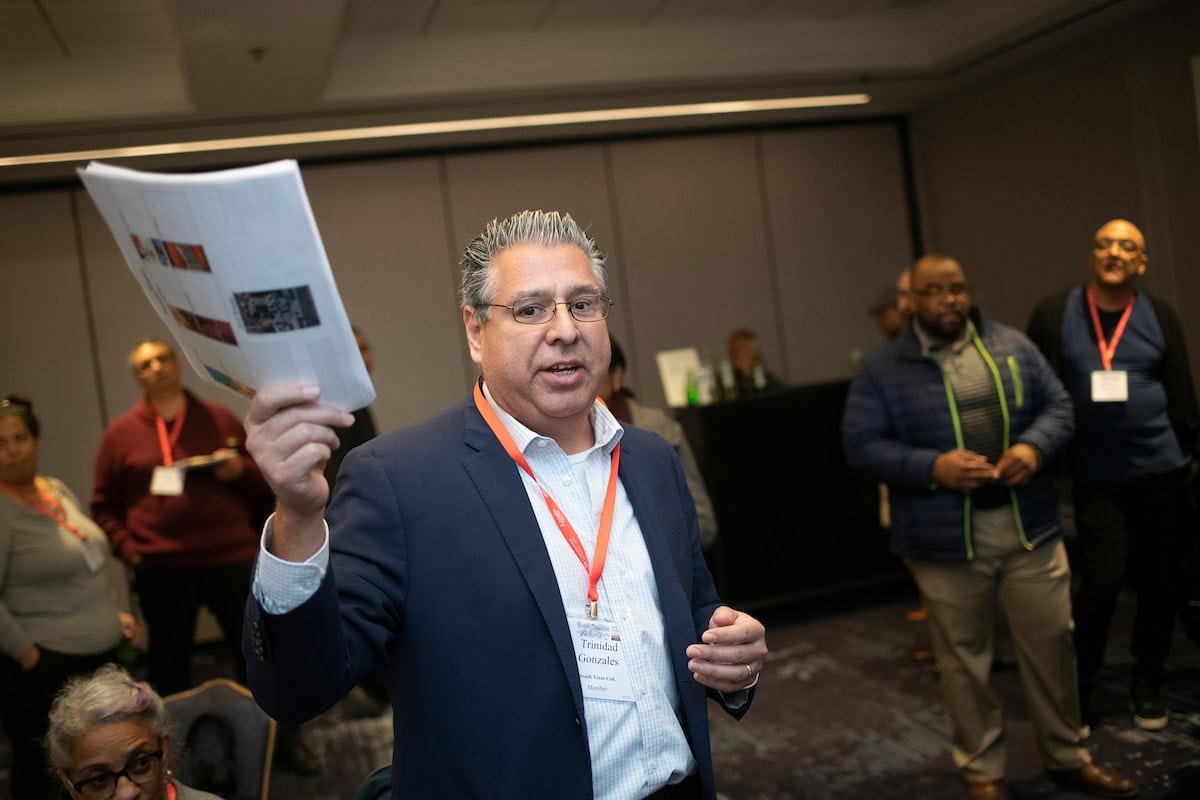
Community Colleges
The AHA supports two-year college history faculty and students through relevant online and in-person programming, publications, advocacy, and member benefits. Check out how our initiatives amplify the efforts of this vital constituency.
New Booklet on Introductory History Courses
What is the value of an introductory college course in history? What are the most effective ways to train all incoming students in core elements of historical thinking? How do we improve student success in these foundational courses? The AHA's new booklet, Designing Introductory History Courses for Student Success, collects data and perspectives on what instructional faculty and other higher education decision-makers can do to put the history discipline to work for today's students.
Graduate Education
Many historians will pursue graduate training at some stage in their career. To meet the needs of both students and graduate programs, the AHA creates resources, provides platforms, and convenes conversations about student success from application to completion. The AHA has played a leading role in graduate education reform, working to better prepare historians to excel in a wide range of careers, both within and beyond the education sector.

Improving Graduate Education
The AHA's Career Diversity for Historians initiative focused on better preparing graduate students and early-career historians for a range of career options, within and beyond the academy. The AHA and three dozen departments from around the country explored the culture and practice of graduate education and how it can better support the changing needs of PhD students.
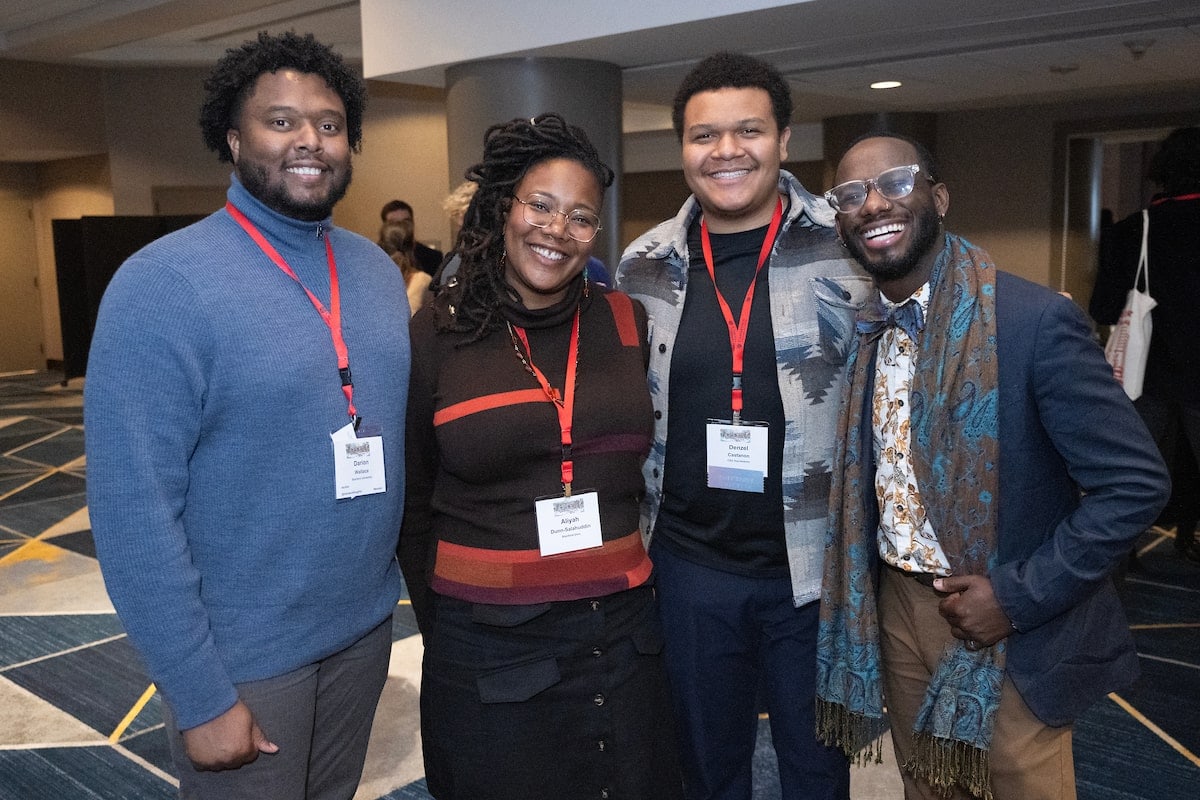
Graduate Education Resources
This collection of resources is intended to help faculty and students integrate the ideas generated from the AHA’s Career Diversity for Historians initiative into graduate teaching and advising.

Where Historians Work
Where Historians Work is an interactive, online database that catalogs the career outcomes of historians who earned PhDs at universities in the United States from 2004 to 2017.

Five Skills
The AHA worked with focus groups of historians with PhDs working in careers outside the academy to identify five skills that may not be honed in graduate school but that are necessary for success in a variety of career paths, including as professors. Click through to learn more about the five skills and how historians can develop them.
Guidelines for Broadening the Definition of Historical Scholarship
These guidelines lay the foundation for a broad expansion of what constitutes historical scholarship. It is by no means limited to the examples it invokes, or to academia and its standard professional ladders. These guidelines can be adapted to any institution in which historians work and where historical scholarship is an expected aspect of that work.
Publications & Resources
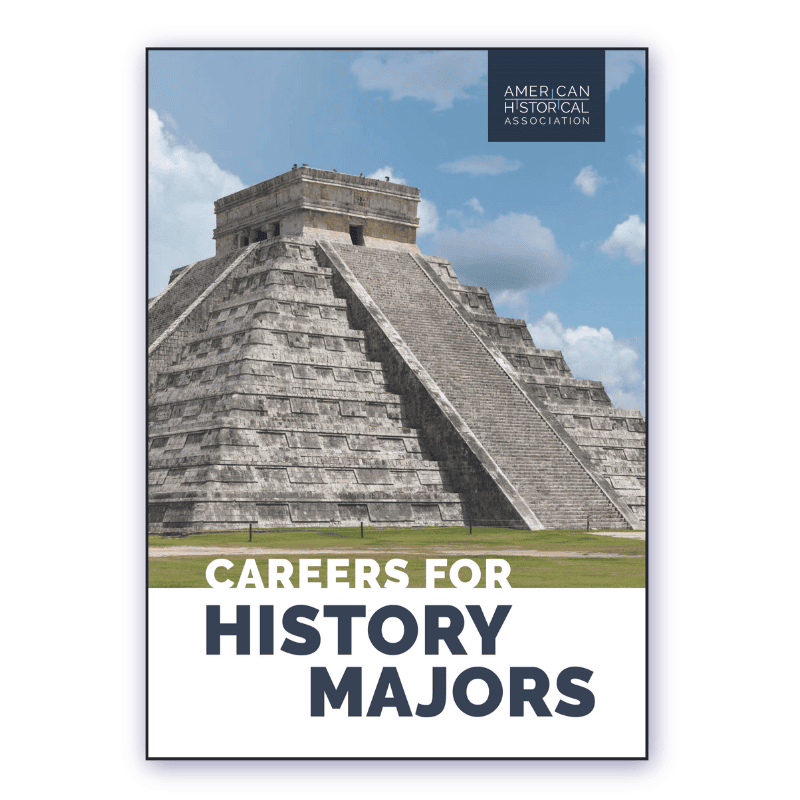
Careers for History Majors
Learning history lays the groundwork for future success. We’ve gathered data, advice, and personal stories to show what a degree in history can do for you.

Standards and Guidelines for the Discipline
As a leader for the historical discipline, the AHA supports the work of historians in all fields and professions by setting guidelines and standards for excellence in professional behavior, research, and teaching.

Directory of History Departments and Organizations
Our Directory of History Departments and Organizations features comprehensive information about historians and programs. The AHA Directory Online provides for detailed searching of faculty/staff and their field specializations, as well as the ability to do benchmarking comparisons between departments.

Reviewers in Digital History
The AHA can connect you to digital historians who can assist with crafting job ads with digital history components, with tenure and promotion cases that involve review of digital history project, and advise on career advancement for digital historians both in and outside of the academy. Contact Alexandra Levy, communications director, for assistance finding an appropriate reviewer.
Resources for Non-Tenure-Track Faculty
Resources to support historians off the tenure track.
Events & Programs
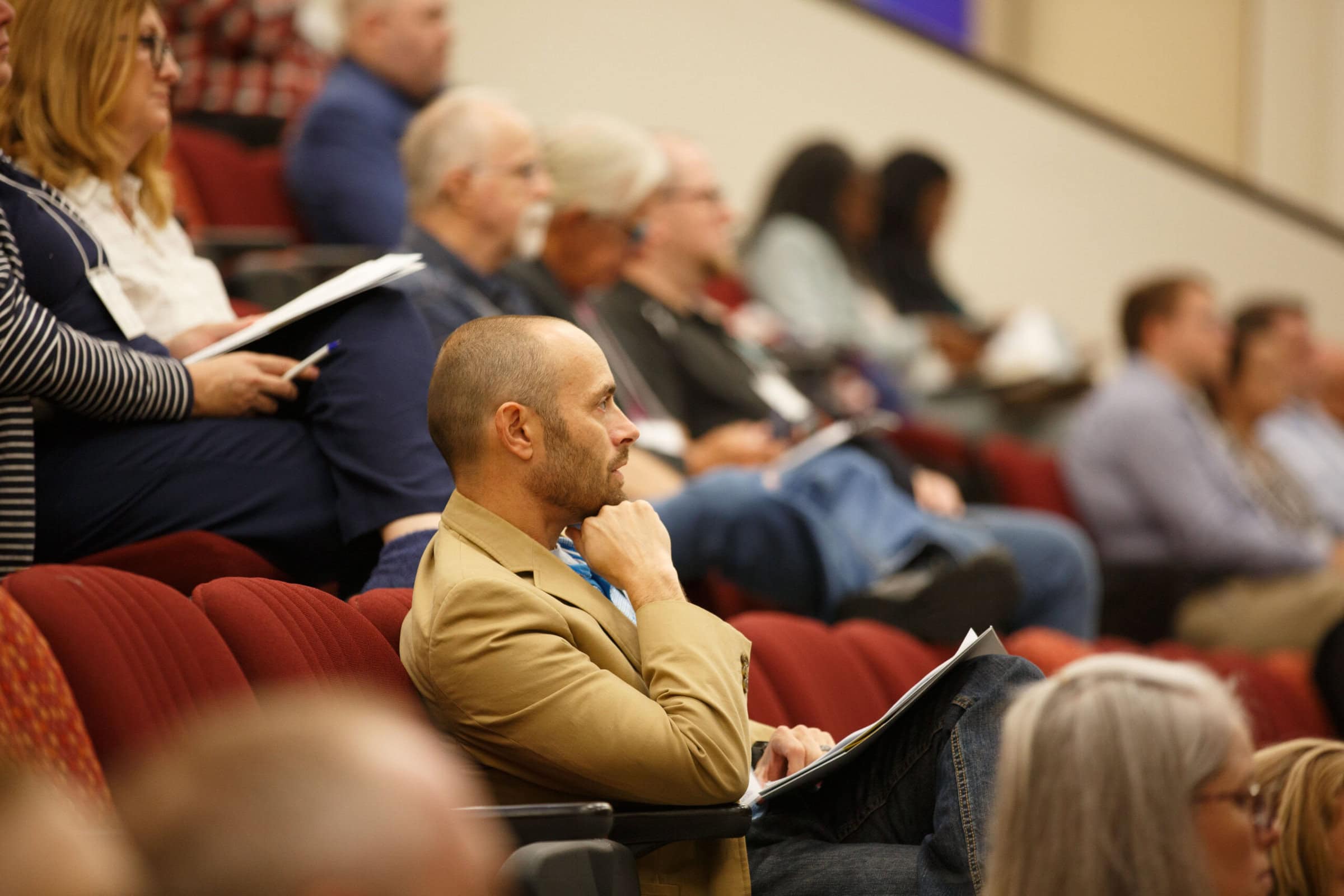
Regional Conferences on Introductory History Courses
What do students learn in introductory history courses? How can historical thinking support student learning and success across the curriculum? Our regional conferences endeavor to strengthen the community of practice focused on introductory history courses, both in secondary and higher education.

Faculty-Student Group Rate at the AHA Annual Meeting
Faculty members: Help your own students attend the AHA annual meeting through the AHA’s deeply discounted faculty/student group rate. For an additional fee of only $15 for each K-12, undergraduate, and graduate student ($30 after December 15), AHA members can bring students to the annual meeting. The AHA’s faculty/student group rate is a great way to mentor students, nourish their interest in history, and encourage their professional growth.
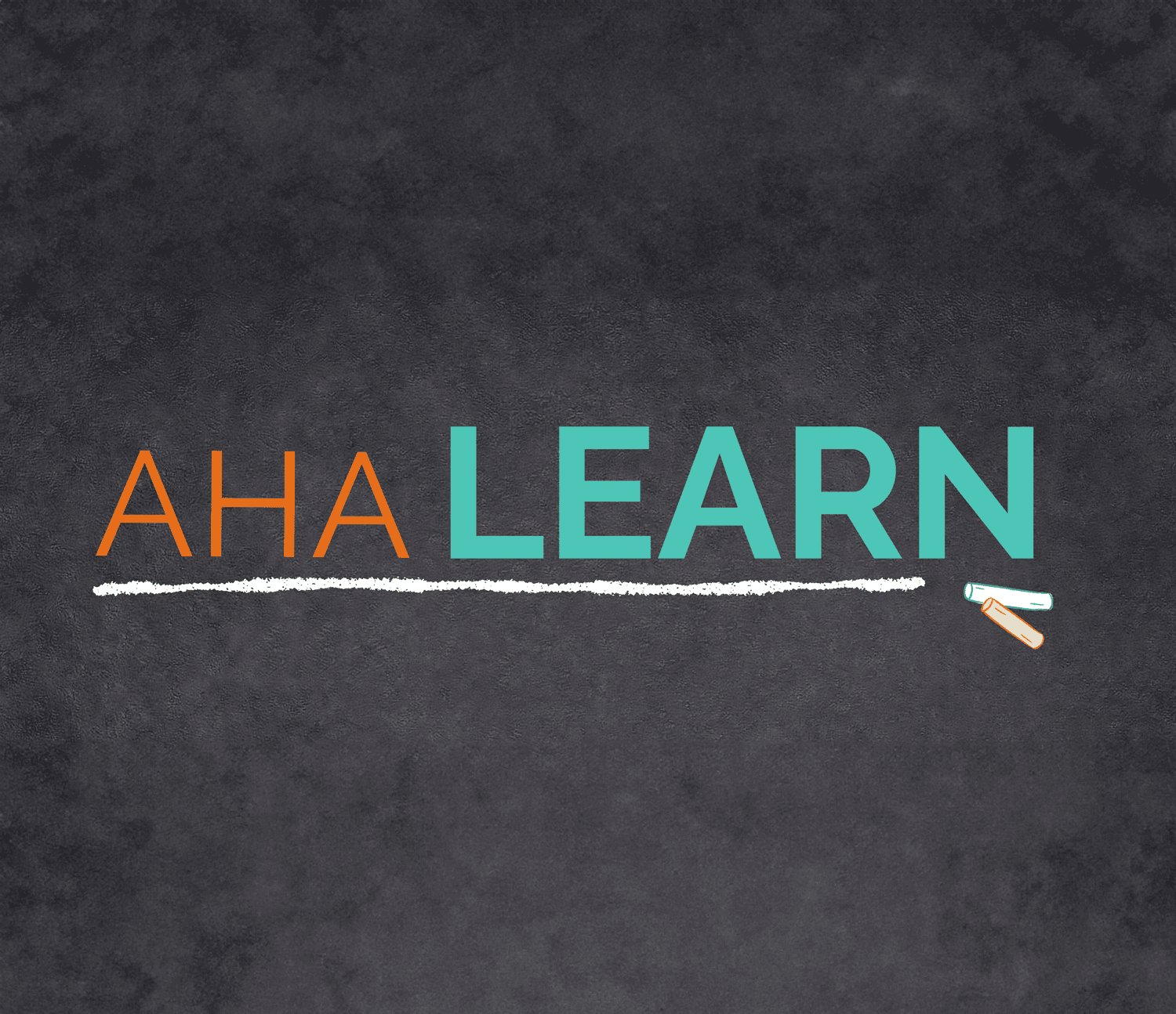
AHA Learn
Established in 2023, AHA Learn is a series of online programs that serves as a forum for compelling ideas in history education. Individual sessions showcase new resources, revisit enduring concerns, or highlight innovative strategies to ensure student success in today’s classrooms.
AHA Resource Library
The AHA’s Resource Library includes hundreds of resources developed or vetted by the AHA and our partners. Our resources range from classroom syllabi, to archival documents from the Civil War, to standards and guidelines for the discipline, and much more.
Further Reading in Perspectives on History
Dana Schaffer, "Supporting History Department Chairs," Perspectives on History (May 2024).
Shawna Williams, “Essential Networks: The Value of Professional and Personal Networks for Adjunct Faculty,” Perspectives on History (October 2021).
Lauren Araiza, “Remote Reflections: Chair of the Apocalypse,” Perspectives on History (July 2020).
Kathy Callahan, “Leadership during Crisis: Advice for the Department Chair,” Perspectives on History (March 2020).
Kevin Boyle, “Departmental Service with a Smile . . . Maybe! The First AHA Chairs’ Workshop,” Perspectives on History (September 2018).
